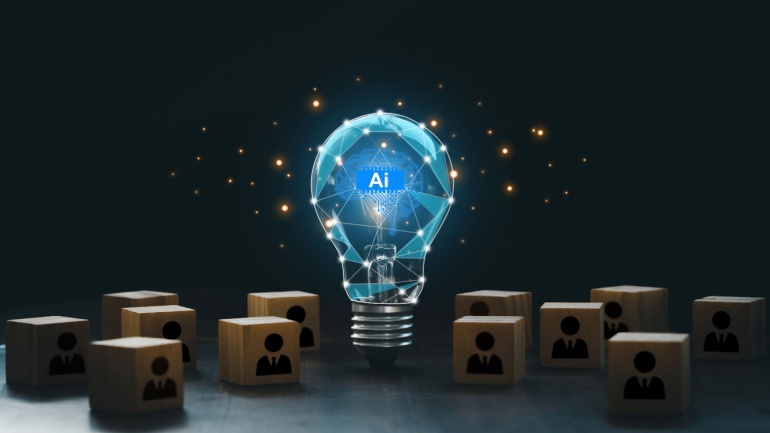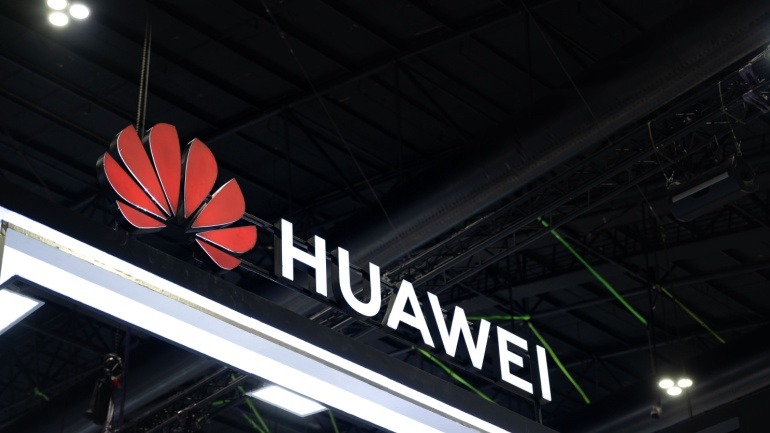Tech giant Apple has introduced its latest innovation, the Apple Intelligence system, designed to enhance AI capabilities across its operating systems. Unlike creating its own large language model (LLM), Apple Intelligence amalgamates on-device small language models with access to established LLMs, initially partnering with Chat GPT.
Apple CEO Tim Cook emphasized the uniqueness of their approach, blending generative AI with personal context to deliver tailored intelligence securely. The system prioritizes on-device processing to maintain user privacy, with cloud involvement through Private Cloud Compute ensuring data remains secure.
Privacy stands as a cornerstone of Apple’s AI strategy, addressing growing concerns about AI intrusiveness. However, tech mogul Elon Musk expressed reservations about Chat GPT outsourcing, highlighting the importance of user consent.
Analyst Paolo Pescatore lauded Apple’s move to democratize AI, foreseeing developers creating sought-after features. Despite differing opinions, Apple’s strategy aligns with its consumer-centric approach, emphasizing quality over immediacy.
Richard Windsor offered a more cautious perspective, noting the gradual integration of Apple Intelligence into the iOS ecosystem. While it may not significantly impact Apple’s fundamentals in the medium term, it signals Apple’s entry into the generative AI space.
The unveiling of Apple Intelligence marks a significant step in the AI-driven device era, following Microsoft’s recent advancements. However, skepticism remains, given past instances of ambitious promises falling short. Nonetheless, Apple’s foray into AI underscores the industry’s shift towards integrated intelligent systems.







